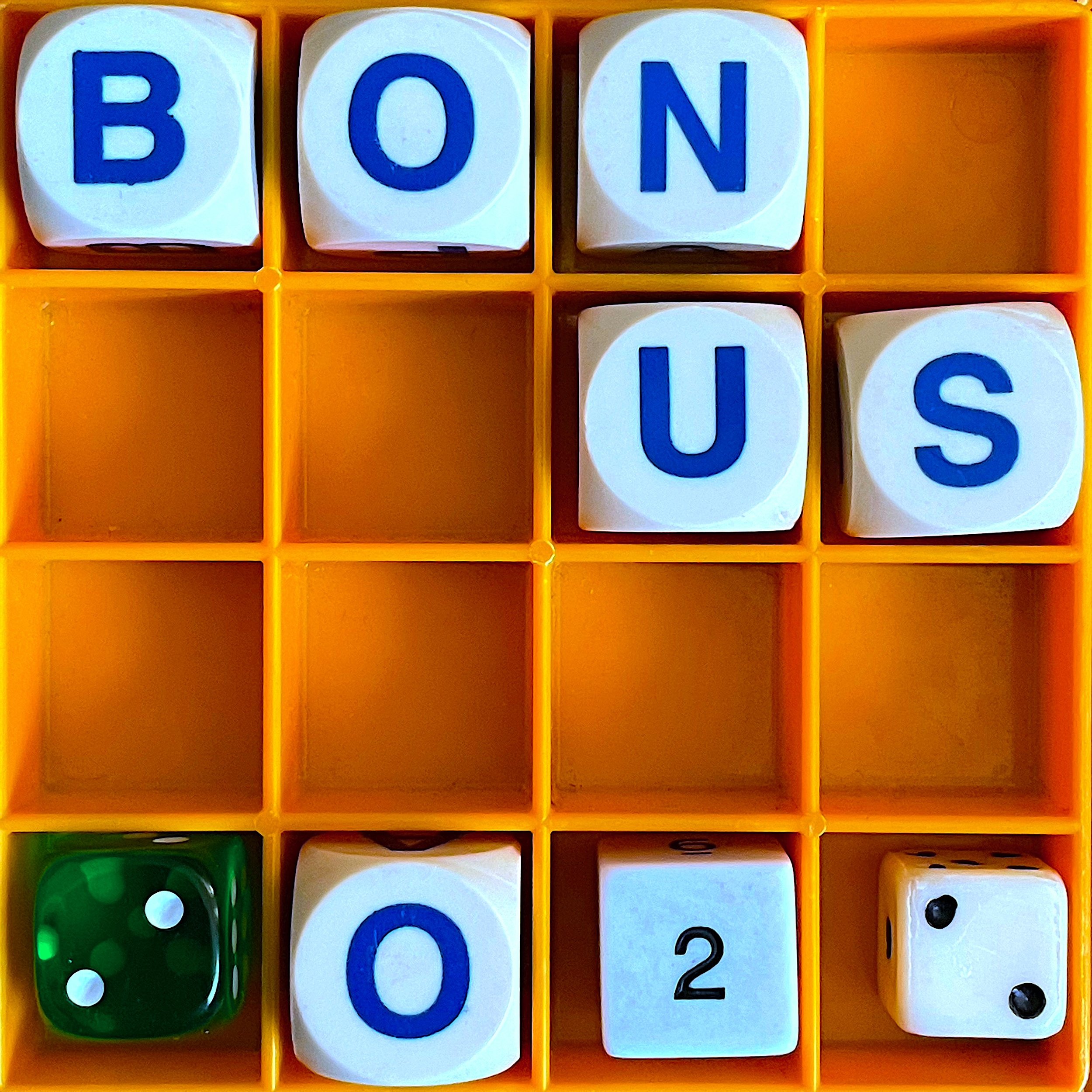HZ: Which of the following sweeteners is named after an ancient Greek mythological character? A. saccharine, B. agave, C. stevia, D. aspartame?
ANDY ZALTZMAN: Well, Steve is not an ancient Greek mythological character. He's the third wheel In the Bible origin story along with Adam and Eve.
HZ: They got rid of him in the translations.
Allusionist 178 Uranus transcript
Have you ever wondered why the planets in our solar system are all named after Roman deities, except two of them?
One of those exceptions is Earth, which means, well, earth, and it doesn’t fit the system because it wasn’t formally discovered by humans, it was where they already were, so when they started identifying planets thousands of years ago, they hadn’t yet counted Earth as one.
And the other exception is Uranus.
Read moreAllusionist 176 Fat part 1 transcript
AUBREY GORDON: The words that always bothered me considerably more than ‘fat’ are the many, many, many euphemisms that people who aren't fat come up with to supplant fat.
HZ: ‘Curvy’. My chins are.
AUBREY GORDON: Totally. I'm like, “I have one curve, guys! I'm just like an egg shape.”
Allusionist 174 Eurovision part 1 transcript
The Eurovision Song Contest has given us the international renown of Celine Dion, Måneskin, Dana International, Conchita Wurst and Riverdance; tear-off skirts, nul points, shiny shiny costumes, a band of babushke dancing around an onstage bread oven; not to mention fraught politics, within and between nations. And most importantly for our purposes: linguistic intrigue! So much linguistic intrigue.
Read moreAllusionist 173 Death transcript
EVIE KING: I mean, if I was to google synonyms of ‘dead’ - let's try that. Synonyms, ‘dead’. See what comes up. ‘Deceased.’
HZ: ‘Deceased’ is just Latin for death.
EVIE KING: ‘Late’, ‘lost’, ‘lamented’...
HZ: ‘Lamented’!
EVIE KING: ‘Expired’ - expired! Like a cheese. ‘Departed’. ‘Gone’. ‘No more. ‘Fallen. ‘Slain’. Now you're starting to infer causes of death. ‘Slaughtered’, ‘killed’ - see, it escalates quickly. There’s not much, there's not much is there?
HZ: Which is odd considering how much death there is everywhere for everyone.
EVIE KING: Yeah, you get more, more synonyms for very boring words, don't you, very workaday words. I think basically maybe it comes down to the fact that dead is dead and we all know what that means, universally dead is dead, and there's no getting away from it, there's no escaping it and there's no getting around it. So we just have to face that word and use it. And if we don't feel like saying dead, we'll just go “passed away”.
HZ: Maybe that's the thing: maybe we don't need new vocabulary yet until we've learnt to get comfortable with ‘dead’.
EVIE KING: And then we can start really jazzing it up. Creating fun terms! Like, you know, when you get things like ‘bottomless brunch’ - that kind of thing for ‘dead’. I think we all know we've arrived when we've got a jazzy snazzy word for ‘dead’.
HZ: Something to look forward to.
Read moreAllusionist 168 Debuts transcript
HZ: The work that RFSU does has included, over the past three decades, coming up with new terms, to fill gaps in the vocabulary or provide more options for talking about sex and bodies.
KALLE ROCKLINGER: Sometimes it's to highlight or make something visible that's not been really talked about. Sometimes it's to change norms in society in some ways, and sometimes it's been sort of a really strategic choice for us in our political work to refuse a certain term or way of describing things, to tell another story, so to speak.
Read moreAllusionist 167 Bonus 2022 transcript
TIM CLARE: Hippocampus, meaning ‘horse’ because it looks like a a sea horse, right? …Oh, don't look at them! They look absolutely terrifying!
HZ: I I've never seen a hippocampus, so I don't know.
TIM CLARE: There is a real David Cronenberg-like element to them.
Allusionist 166 Fiona part 2 transcript
HARRY JOSIE GILES: I don't think that anyone should come away from this conversation not wanting to use the name Fiona. I think this is a beautiful and rich history. It might not be quite the history that you imagined, but I think it's a beautiful history.
Read moreAllusionist 165 Fiona part 1 transcript
HARRY JOSIE GILES: Fiona is a name I think now that still has a slightly romantic, slightly historical Scottish feel. I think everyone thinks it's an old Scottish name, but it's not an old Scottish name!
Read moreAllusionist 163 Rhino Borked Guy transcript
"Better to elect a rhino than an ass.”
Read moreAllusionist 162 Self-Help transcript
JOLENTA GREENBERG: One of the main things a lot of these books like to do is remind you how bad you are at the beginning. Just like a pickup artist, there will be a chapter or two sort of negging you, or being like, “You know you're lazy about this.” A lot of books make you admit - some even make you write down all the areas like you're failing in or not putting 100% into, and so you literally will have a list sometimes of reasons why you suck. And then they're like, “And now I have the answers!” And it's like, “But you made me make up these problems in the first place.” So they like to dig you in a hole and then be like, “I can dig you out, too.”
Read moreAllusionist 161 Sentiment transcript
SANDHYA DIRKS: When we talk about empathy: the idea that you can get outside of yourself, that we can imagine someone else's experience is so audacious, because human beings are not that freaking imaginative. I mean, like a unicorn is just a horse with a horn! We did not go that far to get to our most magical creature. We just like grafted two things on top of each other.
Read moreAllusionist 160 Coward transcript
TIM CLARE: Calling someone a coward historically has often been a social lever used by the state to shame them for not doing something the state wants them to do - often walk into machine gunfire. Which, to me, doesn't seem like an act of cowardice to not want to do that.
Read moreAllusionist 159 Bufflusionist transcript
HZ: ‘Vampyre’ with a Y was pretty interchangeable with ‘vampire’ with an I when it first landed in English. Actually, I think the first appearance in English was with a Y. We probably got it from French or German, but it was based on - it’s a little unclear, but it was based on Hungarian, possibly, or Slavic languages. And it was because, at the time, they were doing a lot of coverage of the Serbian vampire epidemic of 1725 to 1732.
JENNY OWEN YOUNGS: Oh, of course.
HZ: Apparently there were a lot of Eastern European vampire epidemics.
KRISTIN RUSSO: What is a vampire epidemic?
HZ: I assume an epidemic of vampires. Imagine Covid, but for vampirism. And no vaccine. No masking is going to save you.















